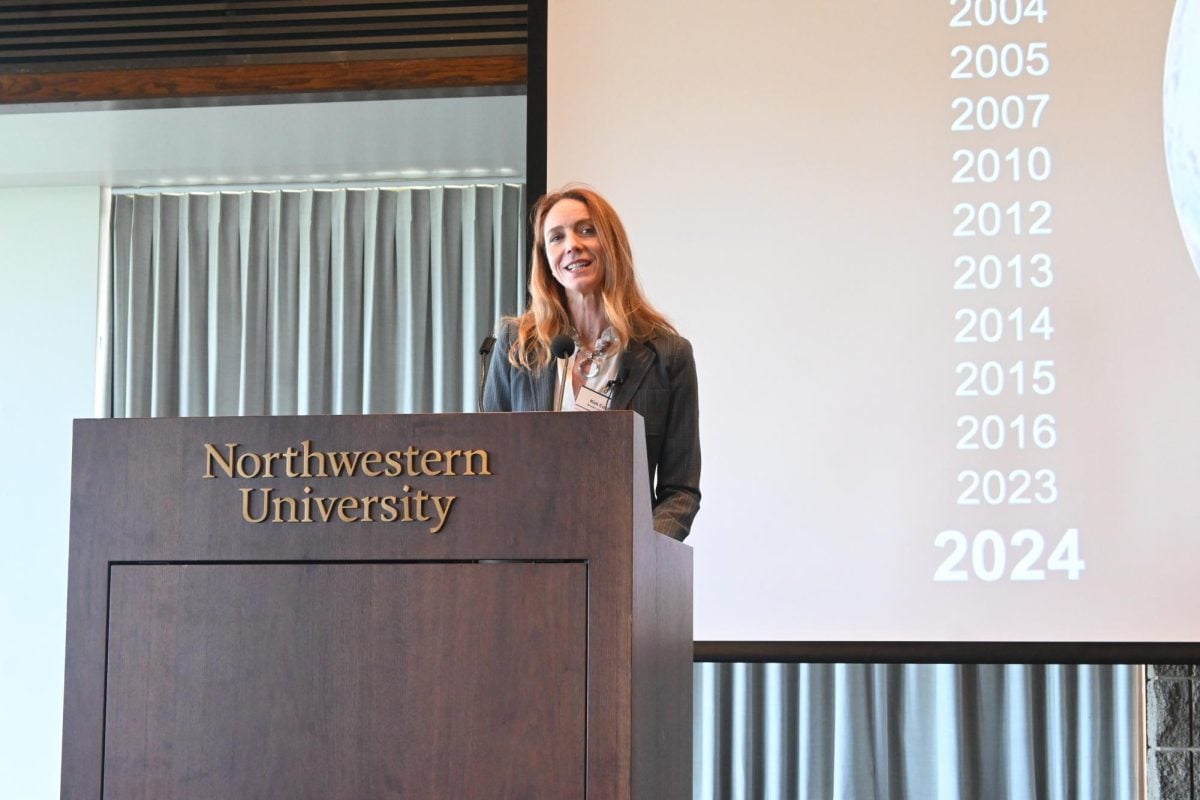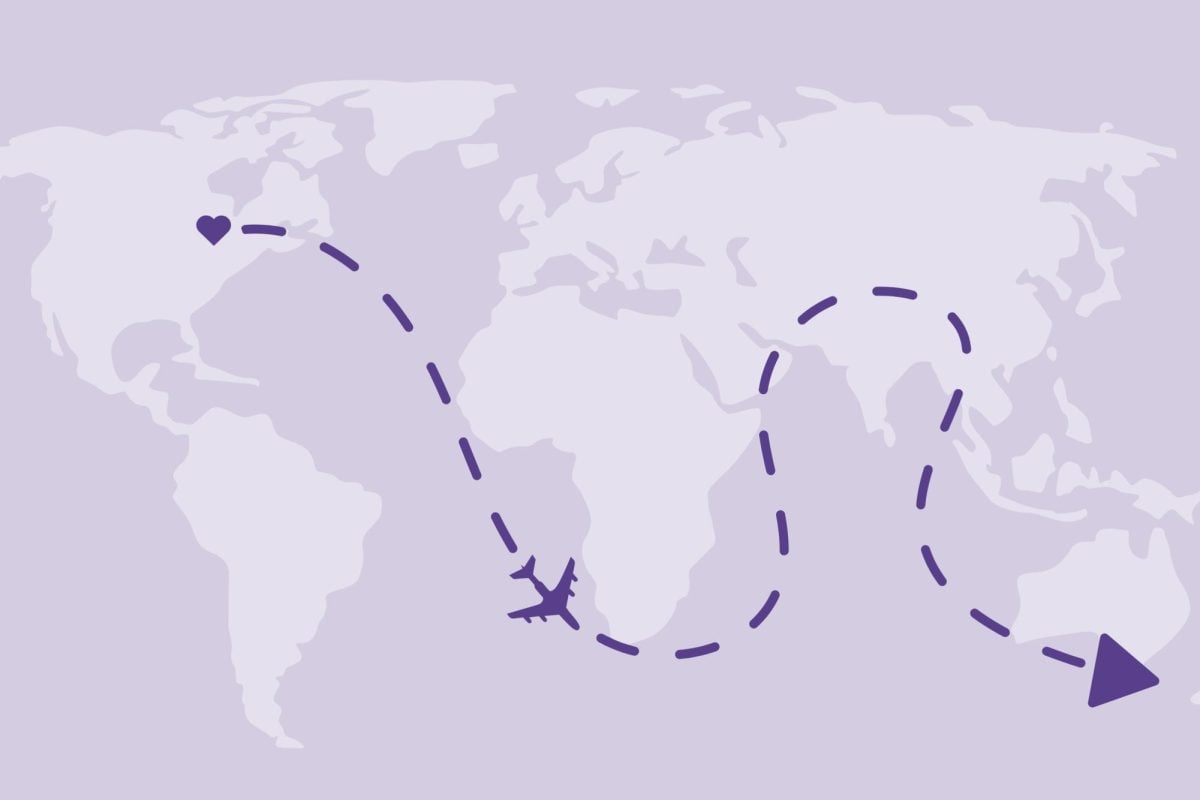When McCormick senior Aaron Horowitz transferred to Northwestern from Rice University as a sophomore in the fall of 2009, he didn’t expect that he would be graduating with a degree not in mechanical engineering, as planned, but with one he devised himself: mechatronics and user interaction design.
“It’s the longest way of saying ‘how people play with robots,'” Horowitz said.
Horowitz is a part of a small group of NU students who are pursuing ad hoc, or customized, majors. Only Bienen, McCormick and Weinberg offer these programs, turning out an annual combined group barely reaching into the double digits, according to University officials. The School of Communication’s interdisciplinary studies major will be discontinued after this year, officials said.
Despite the small numbers, variety isn’t wanting, according to Weinberg Assistant Dean Mark Sheldon. Past topics have ranged from social justice to bioethics to astrobiology, he said.
But ad hoc majors are more of a last resort.
“A good deal of resources have been invested in setting up the majors that exist in Weinberg, and when a student says that he or she can’t find a major that works for him or her in terms of a liberal arts education, then the challenge for the student is to try to explain why an ad hoc major is necessary,” Sheldon said.
According to McCormick Associate Dean Stephen Carr, McCormick’s version of the program, called combined studies, is designed to highlight individual interest.
“None of the combined studies students has followed in the footsteps of any other one because every person is very idiosyncratic about the courses and their objectives,” he said.
Weinberg and McCormick students must establish a detailed academic framework for their proposed majors, explaining their interest and listing classes they have taken and plan to take.
Respective faculty committees then review the proposals, often posing more questions and recommending changes.
Carr said most prospective students approach him near the middle of their junior year. Sheldon said Weinberg students typically look to propose an ad hoc major during their sophomore year.
Horowitz said he did not pursue the program until the end of his junior year. At that point, he said, he was looking to focus his studies on the skills needed to launch his current business.
At the beginning of his junior year, Horowitz became involved with a Design for America project at NU that focused on the development of a teaching tool for children with Type 1 diabetes and are learning how to administer at-home medical care. He said he is finishing his final undergraduate quarter via Skype while launching the product and its startup company in Providence, R.I.
Weinberg freshman Heather Menefee knew before arriving at NU that she wanted to pursue an ad-hoc program in Native American studies. Menefee said during her college search, she considered NU’s assets, such as access to faculty with interest in the subject as well as resources offered by the Newberry Library, the Field Museum and Chicago’s Native American community, as something that would make a nontraditional major possible.
“I’m just trying to work through finding classes and seeing how possible it will be,” she said. “I haven’t started putting anything together yet. I’ve worked with several professors and my advisers, and it doesn’t seem like it will be that far off.”
But ad hoc students’ academic flexibility may come at the expense of access to entire academic departments or the ability to take multiple classes with a favorite professor, one expert said.
“As long as students are aware of that as they’re doing their individualized major, it’s up to them to say, ‘What are some other ways I can kind of get to know a professor, get the professor to know me?'” said Nancy O’Neill, director of Integrative Programs at the Association of American Colleges and Universities, of which NU is a member.
Carr said he agrees there are drawbacks.
“I remind the students … they’ll have a little harder sell because the companies that come to campus all come with preconceived ideas of what they’ll be looking for,” he said. “A student getting a degree called combined studies will clearly not get into any of the pigeonholes that an interviewing company wants to put a candidate in.”
But for Horowitz, a custom major offers “the power of a story.”
“That shows more of the skills that they try to teach in engineering but might not necessarily come across,” he said.







